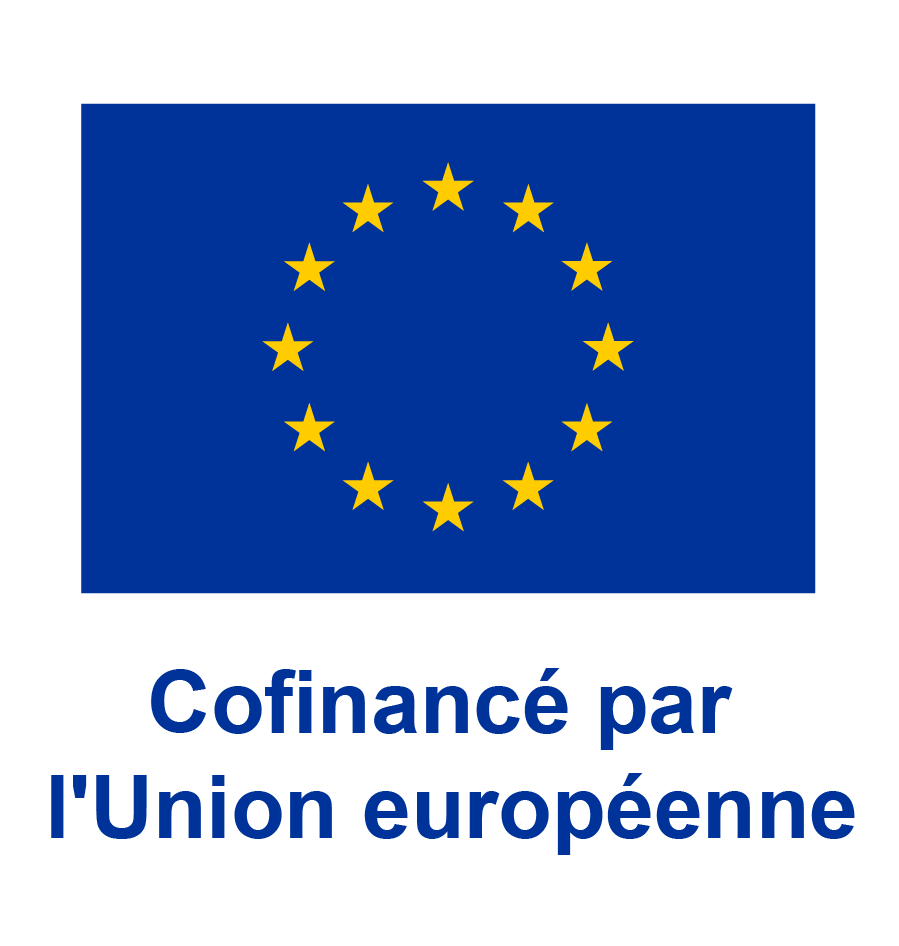The future of retail banking
The 21th-century retail bank should face more like active consumers and should maintain its competitiveness looking at the rest of the world in term of innovation and efficiency.
New characteristics of retail banking customer, new technology and regulation will be three crucial forces in reshaping the 21th-century retail bank.
Overview of ESG Rating Agencies
Overview of the range of ESG-related products and services offered to investors by agencies.
Spéculation alimentaire : quels sont les bons et les mauvais acteurs sur les marchés dérivés ?
Le thème de la spéculation sur les denrées alimentaires a déjà été abordé à plusieurs reprises ces derniers mois. Au-delà de la compréhension du phénomène de spéculation et de son effet sur les prix des matières premières agricoles, il reste cependant souvent difficile d'identifier les acteurs responsables du problème. Qu'entend-on par « spéculateur » ? Peut-on différencier les bons et les mauvais acteurs sur les marchés dérivés de matières premières ?
Sustainability in the Financial Value Chain
Sustainable and Responsible Investment (SRI) is the practice of including non-financial criteria such as environmental, social and governance (ESG) issues in investment decisions. In theory, by changing the criteria of capital allocation, SRI would motivate companies to improve their sustainable performance. It seems like a striking idea combining profits and sustainability through investment. But is it really possible? Does SRI really have the ability of influencing corporations' behavior? In order to answer this question, a qualitative research was conducted, where we analyzed factors that we consider paramount for the effectiveness of SRI in achieving this goal. First we tried to understand what are the motivations guiding the main stakeholders in SRI, namely corporations, financial institutions (FIs) and investors. Then we tried to get a picture of important constraints to the effectiveness of SRI such as professional expertise in the field, sustainable quality of the funds and transparency. Finally, we examined the main factors which might limit SRI from having a real impact in companies and we give suggestions on how to overcome those limitations. Our findings do not show any evidence that the motivations guiding stakeholders in SRI, or its present conditions of quality and transparency, would be able to deliver any significant corporate change through access to capital on financial markets. It is more likely, however, that the influence SRI has on companies' reputation brings about such change, rather than access to capital. Even then, the SRI market needs to be developed further and a minimal quality of SRI funds needs to be ensured. Further regulation can probably improve the balance between the quality and the economic appeal of SRI funds, thereby closing the gap between investors' financial expectations and the broader public interest. Moreover, change is required from investors towards a more active and involved attitude, as well as better cooperation between institutions and investors in order to cope with the current fragmentation in the SRI market.
Macro économie et finance: scénarios pour 2010
Les paradis fiscaux
Stratégies ESG des institutionnels
Comment combattre l'exclusion financière en Europe ?
Bien que l'exclusion financière soit un phénomène d'ampleur inégale en Europe, divers outils à l'échelle européenne pourraient se révéler intéressants pour la combattre. Par exemple, le Community Reinvestment Act (CRA) semble faire ses preuves en permettant une meilleure inclusion financière aux communautés défavorisées aux États-Unis. Pourrait-on en imaginer une transposition au niveau européen ? Par ailleurs, les services d'intérêt économique général (SIEG) sont un instrument pour inciter les institutions financières à servir des populations exclues. Enfin, une autre clef pour atteindre une meilleure inclusion financière consiste à mettre en place un système de compensation financière entre les acteurs du marché. Cette analyse situe le concept même d'exclusion financière puis examine les différents mécanismes cités. Un CRA en Europe inciterait les institutions financières à plus de transparence et à mieux servir les populations exclues. Des SIEG pourraient donner accès à des services financiers abordables à des personnes défavorisées. C'est le cas au Royaume-Uni où le Post Office Ltd peut se permettre de garder ouvertes des succursales peu rentables dans des zones rurales. Un dispositif de compensation financière entre les acteurs du marché les incite à réellement exercer leur devoir de responsabilité sociale. Deux exemples de système de compensation financière sont prévus dans la loi belge.
Notation financière, agences de notation et leurs influences sur les économies européennes et le cas de la Belgique.
Pagination
- Page précédente
- Page 5
- Page suivante


